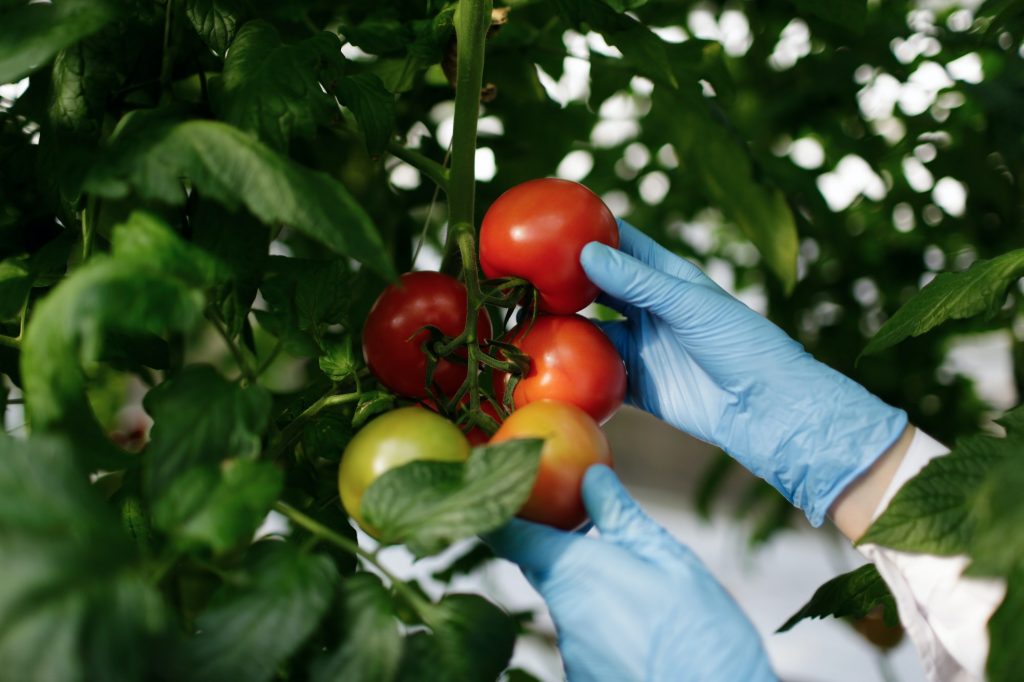Firn M
Agtech
Agricultural Technology
Agtech is a short form for Agricultural Technology. Soil rich in nutrients is vital for plant growth and consequently increase food production. Balanced nutrition in plants enables them to fight against or resist diseases and increase agricultural yields. More so, beneficial microbes utilise soil nutrients in and out of the plant for good results.
Importantly, Agricultural Technology refers to a range of biodevices, whether traditional or modern, used to make changes to or alter products, improve the quality of life of both plants and animals or grow microorganisms for specific agricultural uses.
At Firn M, we make use of microbial genetic engineering to achieve results. Our research works encourage the limited application of agricultural chemicals to supply more nutrients to soil and enable growth. Plants must be protected such that the substances do not affect microbes or the state of the earth. Also, it must not reduce the efficiency of the soil.
One of the benefits of utilising biotech knowledge in agriculture is that it ensures that food production is easier to manage and cheaper to run. For instance, some biotechnology plants are altered to resist herbicides to control weed efficiently. Sometimes, we may engineer plants to resist pests or diseases. The essence of this is that the pest control method is cost-effective and increases organic pesticides.
Plants can also be engineered for phytoremediation. Phytoremediation involves using plants to detoxify soil pollutants or collects pollutants for harvest or safe disposal. In the end, the soil profile and nutrients are improved. Also, biotechnology helps in the conservation of natural resources, enables animals to utilise nutrients in their food and increase food production.
Biotechnology’s impacts on agriculture are significant and very beneficial to farmers, business owners and final consumers. The considerable benefits of Agricultural biotechnology are highlighted below.
Safe Method of Controlling Weed and Pests
Biotechnology encourages the use of herbicides that are more plants tolerant. That is, we must considerably reduce the risk of causing harm to plants.


It Facilitates Research Purposes Through Simple Tools
Furthermore, we ensure that all crops created out of genetic engineering are adequately tested and run through trusted trials by individuals and industry professionals. There are also several bodies and legislations regulating the release of engineered plants into the market.
Our research team is looking forward to discovering more ways in which biotechnology can influences agriculture. We are looking forward to changing certain food commodities conditions, e.g., saturated fats and investigating pharmaceuticals.
Protection of Crops from Devastating Diseases
One may alter the plants’ genes through biotechnology to create resistance against diseases, viral or bacterial.
Increase in Harvest and Crop Yield
It is mainly due to the fewer expenses incurred and the suppression of pests’ invasion. Plant growth is facilitated through organic manure; hence the nutrients supplied are rich.
Increased Level of Nutrients
Engineered crops may increase the level of a nutrient component in foods. For instance, the percentage of beta-carotene in rice is expanded to support Vitamin A deficiencies.
© 2021 firnm • All Rights Reserved